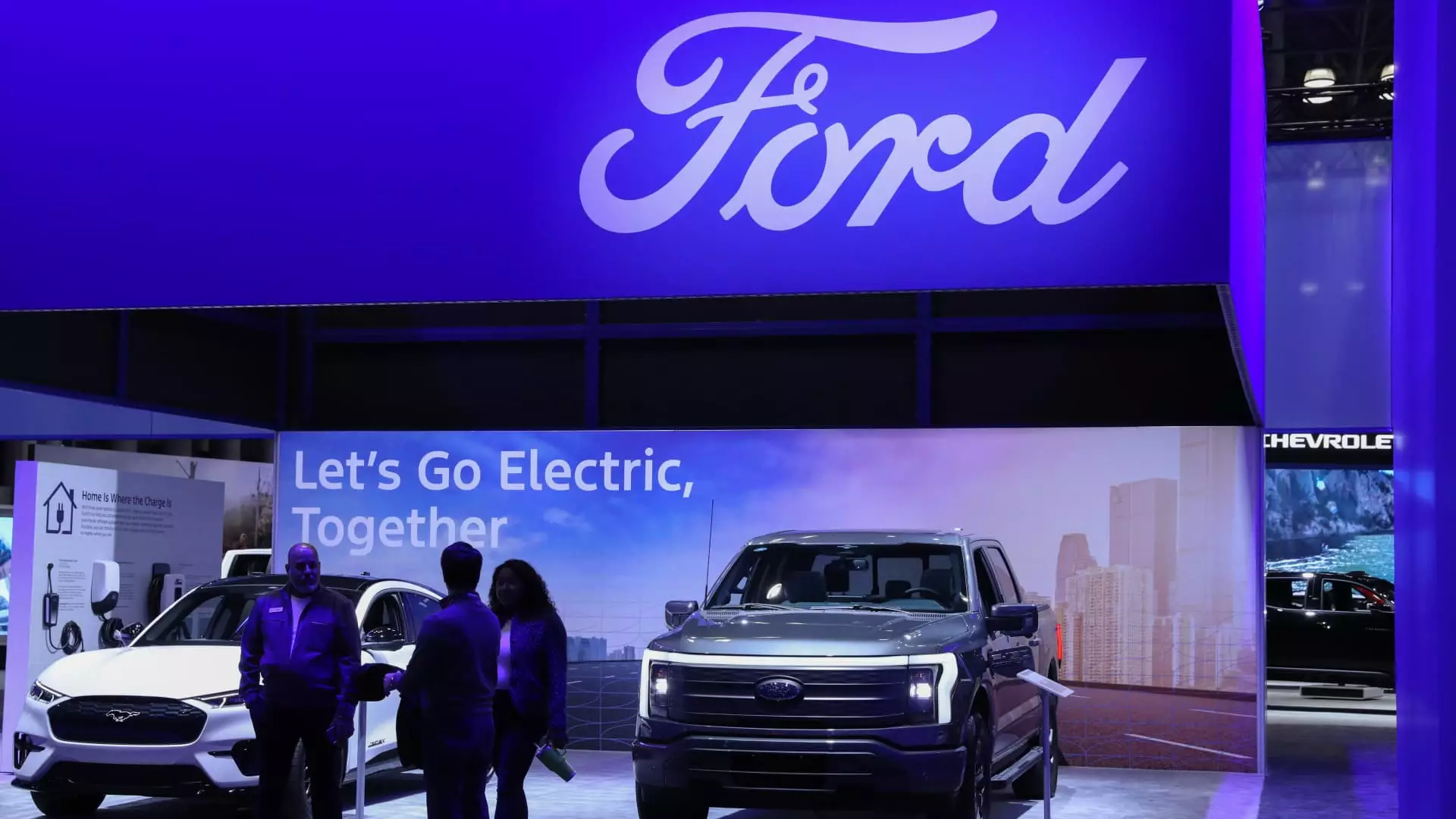Ford Motor recently announced a shift in its production plans, delaying the production of a next-generation all-electric pickup truck at a new plant in Tennessee and canceling plans for a three-row electric SUV. Instead, Ford will focus on developing hybrid models and electric commercial vehicles, such as a new electric commercial van in 2026, followed by two EV pickup trucks in 2027.
As Ford CFO John Lawler explained, the company is pivoting towards focusing on commercial trucks and SUVs. This decision is based on market trends and customer preferences, aiming to leverage competitive advantages in these segments. While this strategic shift is intended to streamline Ford’s electric vehicle business and ensure capital efficiency, it comes with initial costs for the company.
Ford expects to incur a special noncash charge of approximately $400 million for the write-down of certain product-specific manufacturing assets, including the cancellation of the three-row SUV. Additionally, the changes may lead to further expenses and cash outflows of up to $1.5 billion. These financial impacts will be reflected in the company’s quarterly reports as special items, indicating a short-term hit to profitability.
The delay in production at the Tennessee facility, initially set to commence next year, raises questions about Ford’s timeline for introducing new electric vehicles. While battery cell production is still expected to start in 2025 at the site, the shift in focus towards commercial models and the reevaluation of capital expenditures may affect the overall timeline for EV launches.
Ford’s decision to reassess its electric vehicle strategy reflects a response to market dynamics and customer feedback. The company aims to be more agile and responsive to evolving preferences, emphasizing the importance of providing a diverse range of electrification choices. By prioritizing commercial vehicles and leveraging customer insights, Ford seeks to enhance its competitiveness in the EV market.
Looking ahead, Ford plans to roll out its next generation of EVs, starting with a commercial van in 2026. The company’s commitment to profitability within the first year of launch signifies a strategic shift from previous approaches focused on market share growth. Ford will continue to update its current lineup of all-electric vehicles, such as the Mustang Mach-E crossover and F-150 Lightning pickup truck, while providing investors with updates on electrification, technology, profitability, and capital requirements in the first half of 2025.
Ford’s reassessment of its electric vehicle strategy reflects a strategic realignment towards commercial models and capital efficiency. The decision to delay production of certain EVs and focus on core strengths in the market signals a proactive approach to meeting evolving customer demands and market dynamics. While the initial financial impacts may pose challenges, Ford’s strategic pivot towards commercial vehicles and profitability-oriented product launches sets the stage for a more competitive presence in the rapidly evolving electric vehicle landscape.

